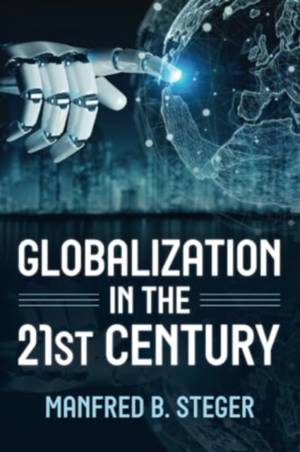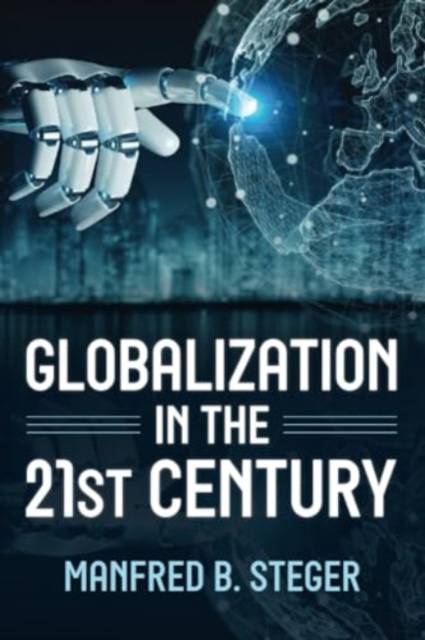
- Afhalen na 1 uur in een winkel met voorraad
- Gratis thuislevering in België vanaf € 30
- Ruim aanbod met 7 miljoen producten
- Afhalen na 1 uur in een winkel met voorraad
- Gratis thuislevering in België vanaf € 30
- Ruim aanbod met 7 miljoen producten
Zoeken
Omschrijving
The fate of globalization in the 21st century hangs in the balance. Although recent data show that most global integration has been on the rebound after the 2008-9 global financial meltdown and the COVID-19 pandemic, public sentiments about globalization have soured. The neoliberal glorification of globalization as beneficial market integration is running out of steam, while national-populist visions of "deglobalization" exert significant mass appeal. Today's ostensible globalization backlash scenario seems to be confirmed by soaring inflation rates, global supply chain disruptions, accelerating climate change and ecological deterioration, lagging transitions to greener forms of energy, escalating economic inequality, and rising geopolitical competition among the Great Powers, especially the United States-China rivalry and the protracted Russian-Ukrainian war. On the flipside, however, such grim scenarios reinforce the fact that most of today's problems are global in nature. This book provides an accessible assessment of 21st-century globalization that draws on global theory and history to engage pressing issues such as digitization, ideological polarization, higher education, demographics, human development, and the environment. Assembling such a big picture of globalization in this young century supports the practical efforts of setting the globe on a more equitable and sustainable path.
Specificaties
Betrokkenen
- Auteur(s):
- Uitgeverij:
Inhoud
- Aantal bladzijden:
- 230
- Taal:
- Engels
Eigenschappen
- Productcode (EAN):
- 9781538179734
- Verschijningsdatum:
- 12/01/2024
- Uitvoering:
- Paperback
- Formaat:
- Trade paperback (VS)
- Afmetingen:
- 152 mm x 229 mm
- Gewicht:
- 312 g

Alleen bij Standaard Boekhandel
+ 109 punten op je klantenkaart van Standaard Boekhandel
Beoordelingen
We publiceren alleen reviews die voldoen aan de voorwaarden voor reviews. Bekijk onze voorwaarden voor reviews.








